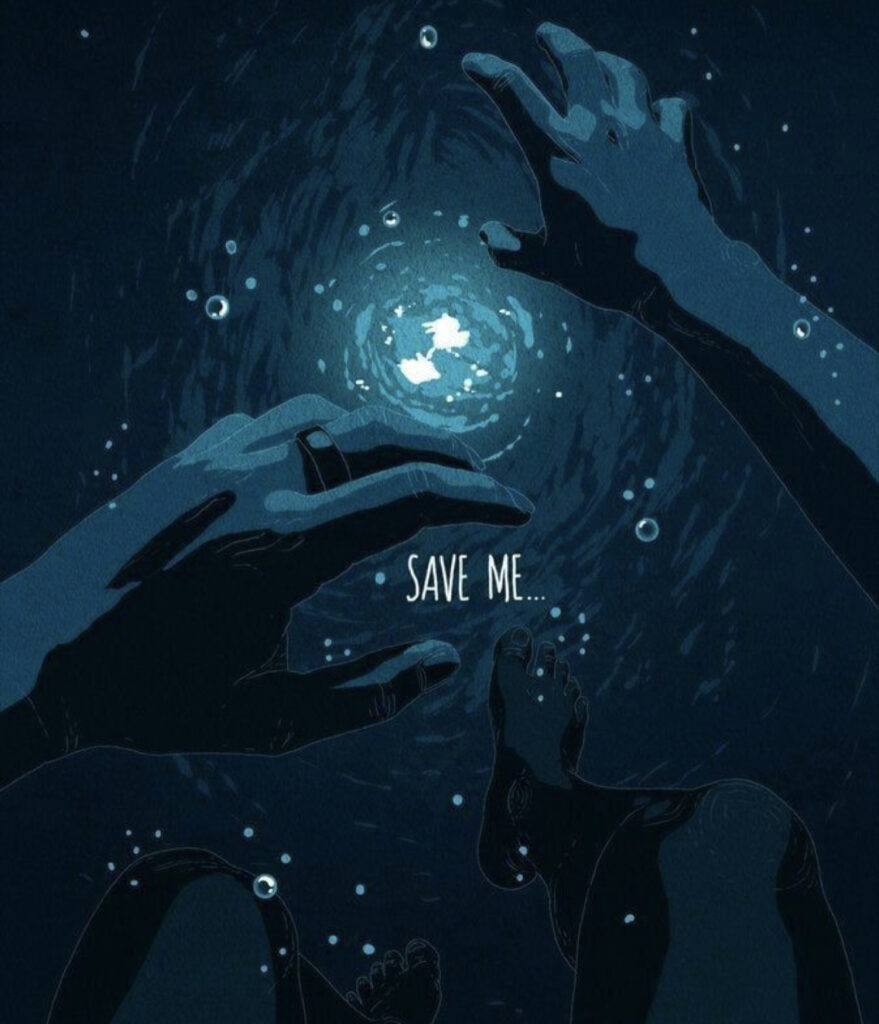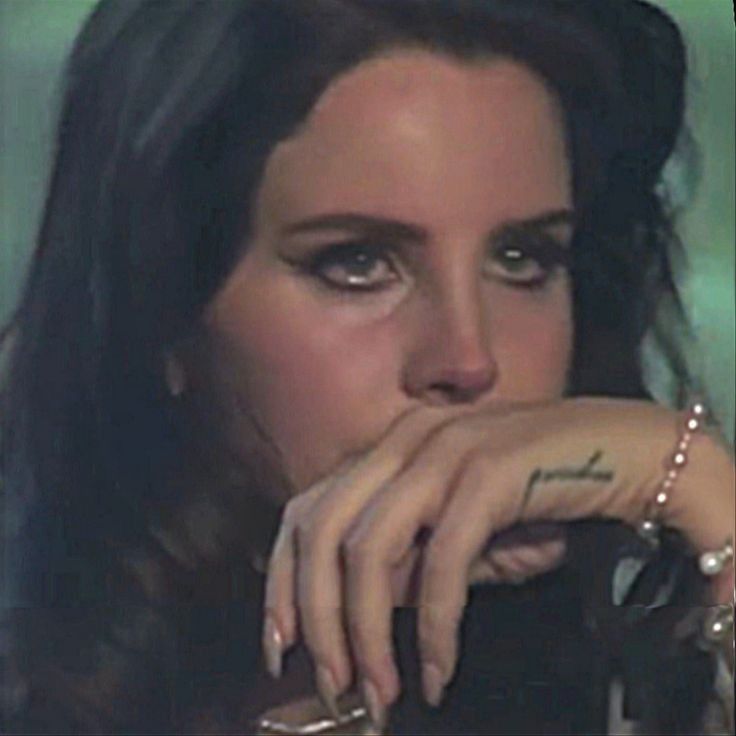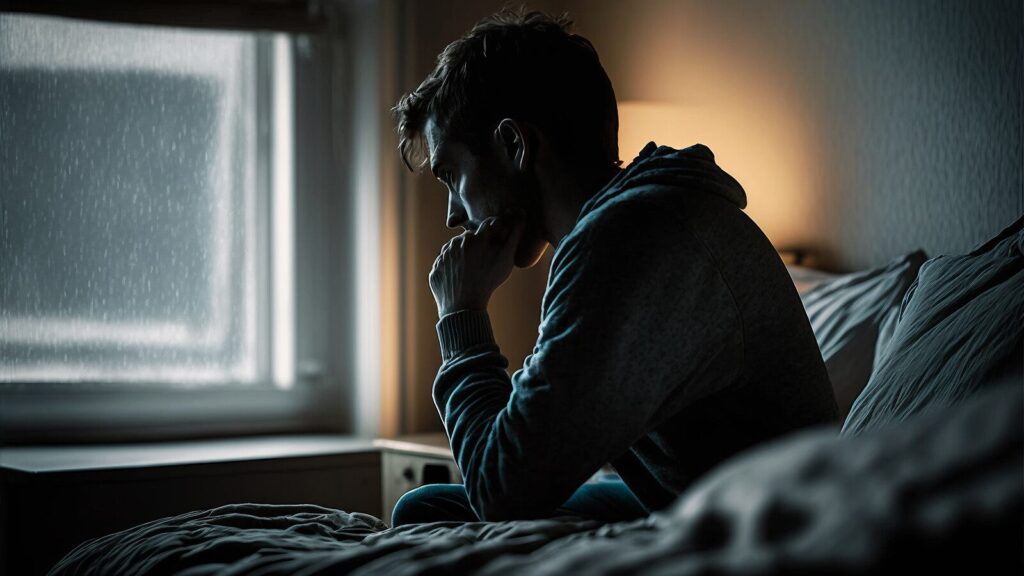Sadness in all its forms, why do we romanticize it, and what are the impacts of such behavior?
“But I’m not writing a book to have fun. if I don’t write my book of essays now, I never will. I have to write it. because if I don’t that means that all the damage I got isn’t good damage, it’s just damage. I have gotten nothing out of it and all those years I was miserable for nothing. I could‘ve been happy this whole time.”
This line from a tv show called “BoJack Horseman” explains a lot about why people prefer being in a sad state, listening to angry music and romanticizing every aspect of sorrow. Creating tragic daydreams in their head as they enjoy it. This is called “romanticizing sadness”; it is when we describe and picture grieve in an idealized or unrealistic fashion, making it seem better or more appealing than it is in order for us to accept it, and become at ease with it.
The question here why do we romanticize sadness?
Generally speaking, people prefer to be viewed as as a victim, with whom the masses side, making them feel fended and cared for.

Suffering Art
In addition, as art in all its forms influences us, it makes us unconsciously connect between creativity and suffering -examples would be Lana Del Rey or Van Gogh. And just like many artists, they had dark pasts full of alcoholism and/or abuse. For a reason, people must be aware of what they see and follow. There is a fine line between living throughout the grieve, and grieving throughout life.

Stereotypes
On another side, romanticizing sadness can perpetuate harmful gender stereotypes. In many cultures, it is considered more acceptable for women to be emotional than for men. By romanticizing sadness, and more often than not, portraying it as a feminine trait, we are reinforcing these stereotypes and making it harder for men to express their emotions. In actuality, and also more often then not, men’s sadness is portrayed as anger in most forms of art, in other words women’s sadness is romanticized and men’s sadness is expressed in fits of rage of a mucho man.
This can lead to several negative implications:
- Suppression of Emotions: Men may feel pressured to conform to societal expectations of masculinity and may feel the need to suppress or hide their emotions. This can result in emotional suppression, denial, or avoidance, which may have detrimental effects on their mental health and well-being, as emotions are a natural part of the human experience and need healthy expression and processing.

- Limited Emotional Range: Romanticizing sadness in a gendered manner can also limit the emotional range and expression of both men and women. It may reinforce the idea that women are supposed to be more soft and emotional, while men are expected to be tough and unemotional. This can restrict the full spectrum of human emotions that individuals of all genders are capable of experiencing and expressing, leading to a lack of emotional authenticity and complexity in relationships and personal experiences. In other words, if women react in triggering situations in a way other than being femininely sorrowful, it is seen as unnatural and unheard of. Which leads us to…
- Reinforcement of Harmful Gender Stereotypes: Romanticizing sadness in a gendered manner can further reinforce harmful gender stereotypes that perpetuate inequality and discrimination. It may contribute to the idea that women are inherently more emotional or sensitive, while men should be strong and unemotional, leading to unequal expectations and treatment based on gender. This can also impact how individuals perceive and judge others based on their expression of sadness, reinforcing harmful gender biases and discrimination.
It is essential to recognize that sadness is a natural part of the human experience, and it is okay to
feel sad at times. However, it is crucial to understand that there is a significant difference
between experiencing sadness and romanticizing it.
Even more, it is important to encourage open and honest conversations about mental health. We must work to break down the stigma surrounding mental health issues and encourage individuals to seek help when they need it. By doing so, we can create a society that values mental health and well-being, rather than one that romanticizes unhealthy behaviours and attitudes toward sadness.













